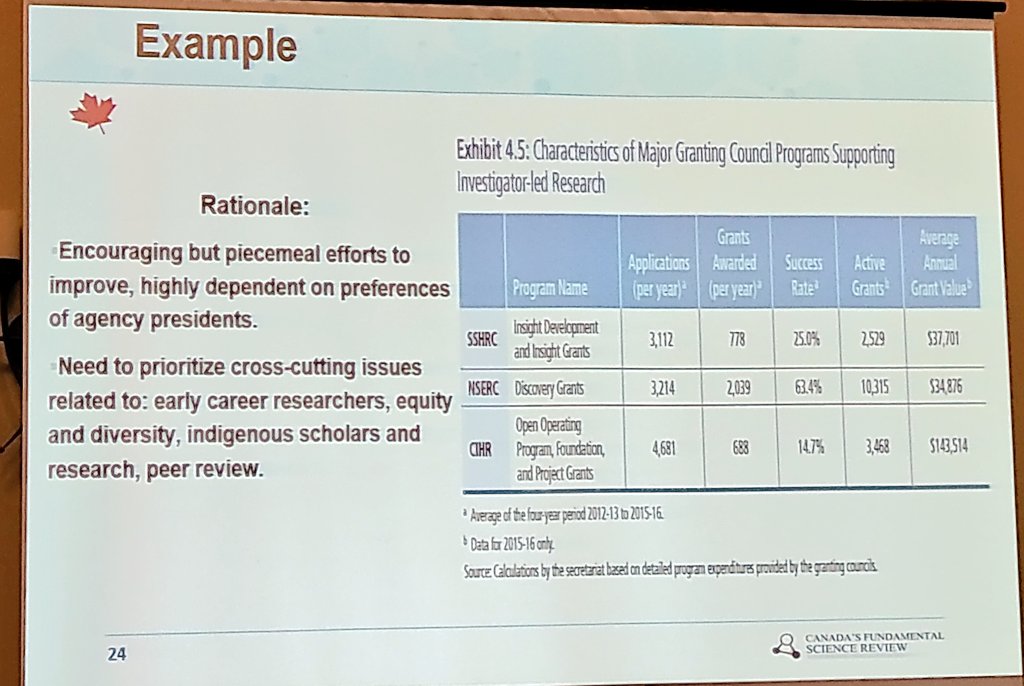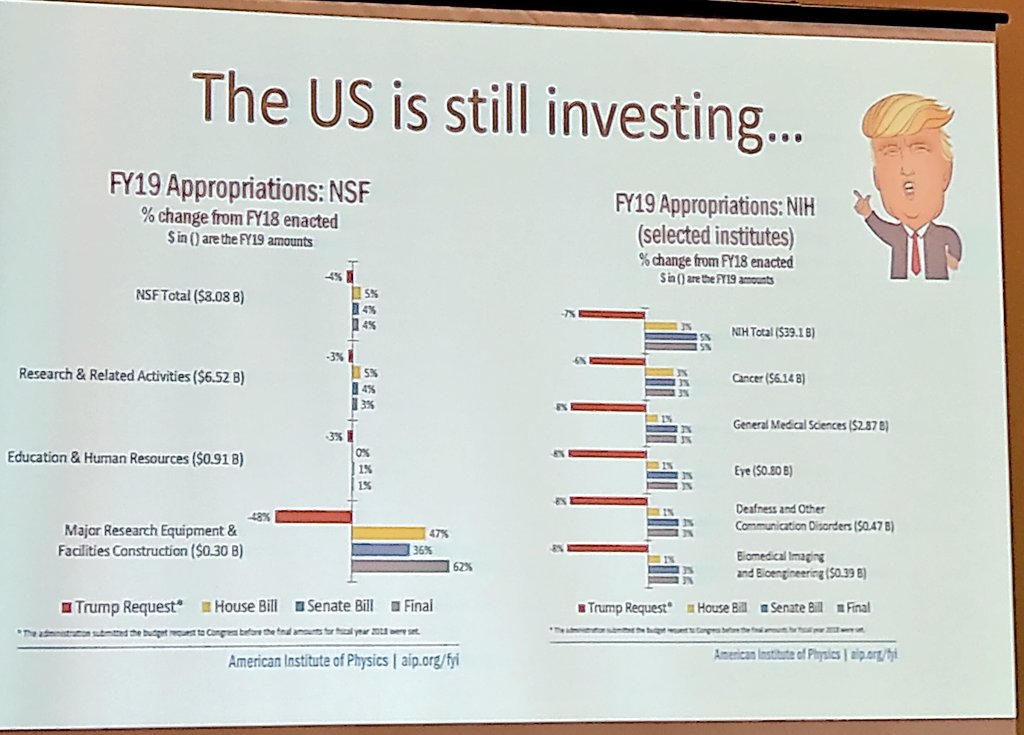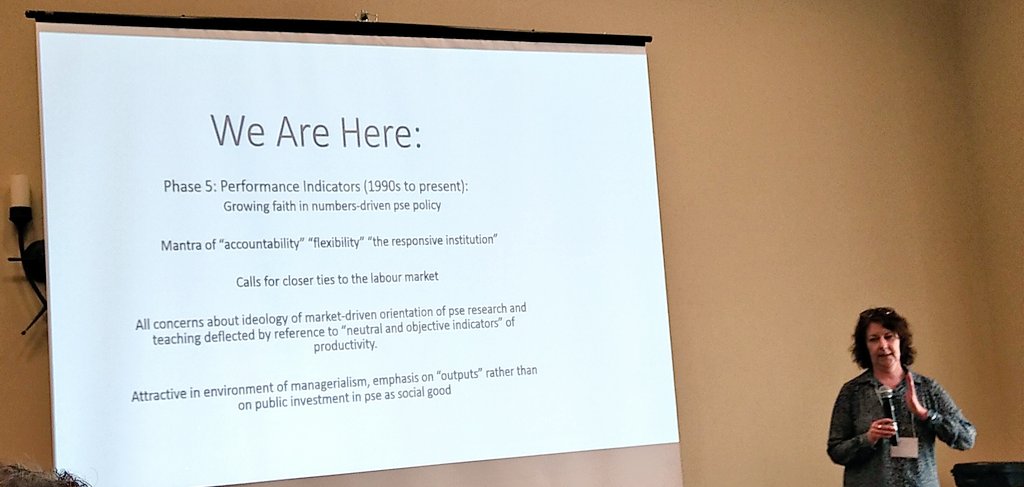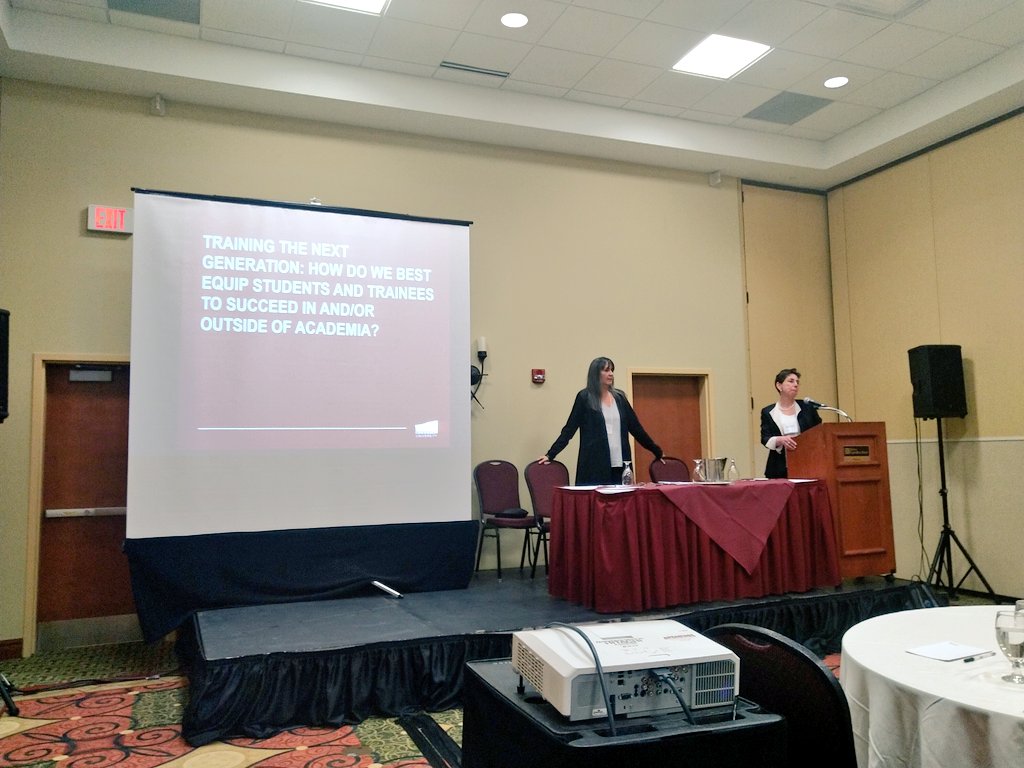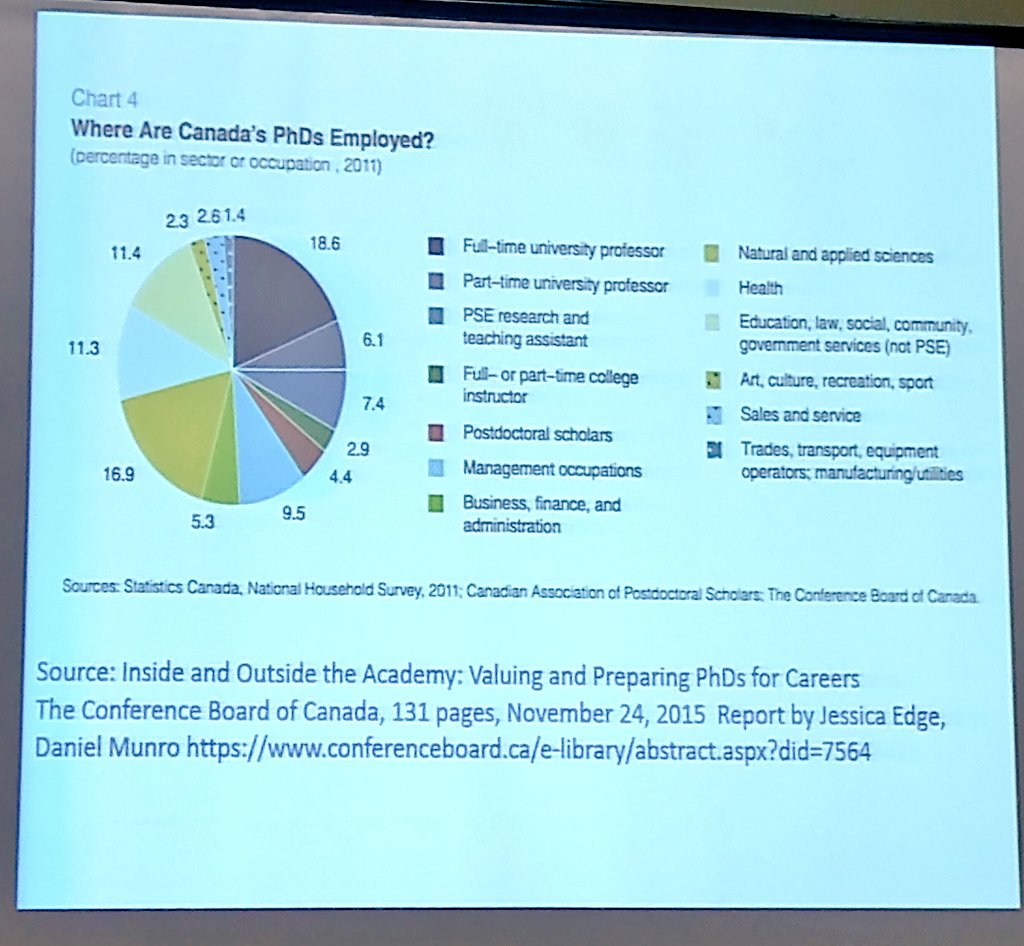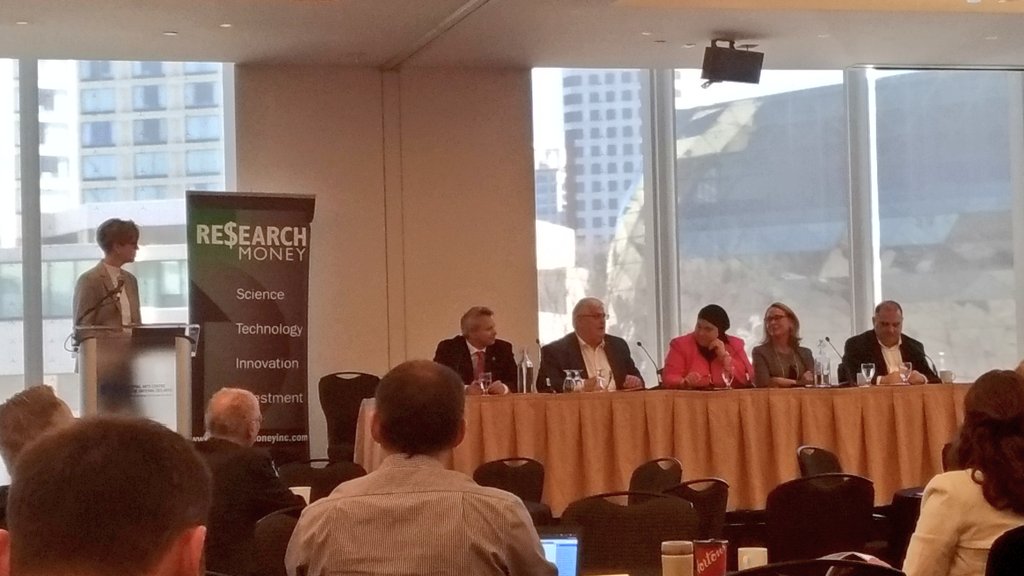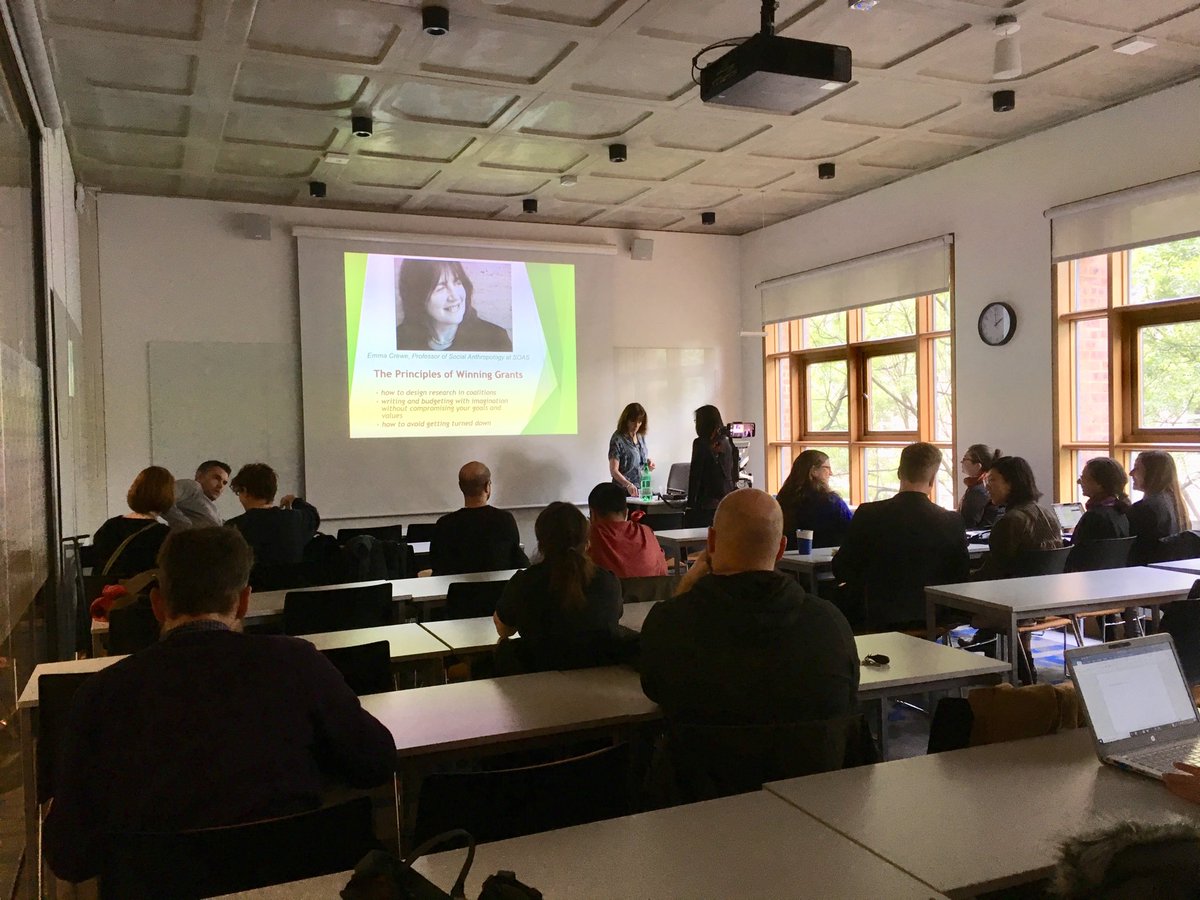#scipol #thread
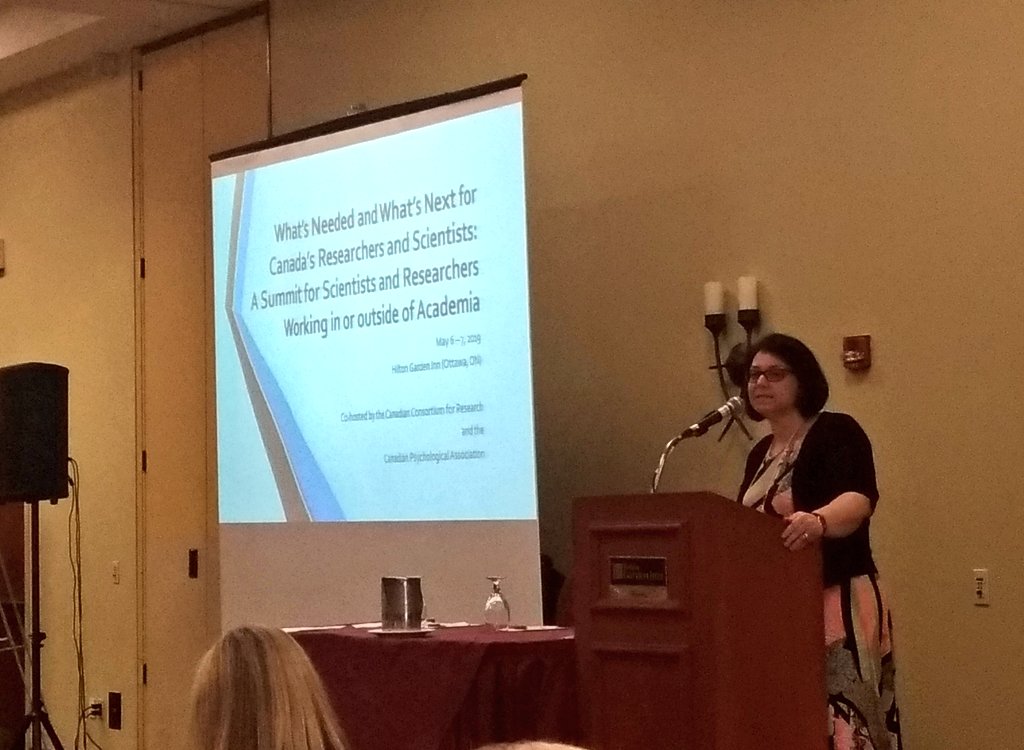
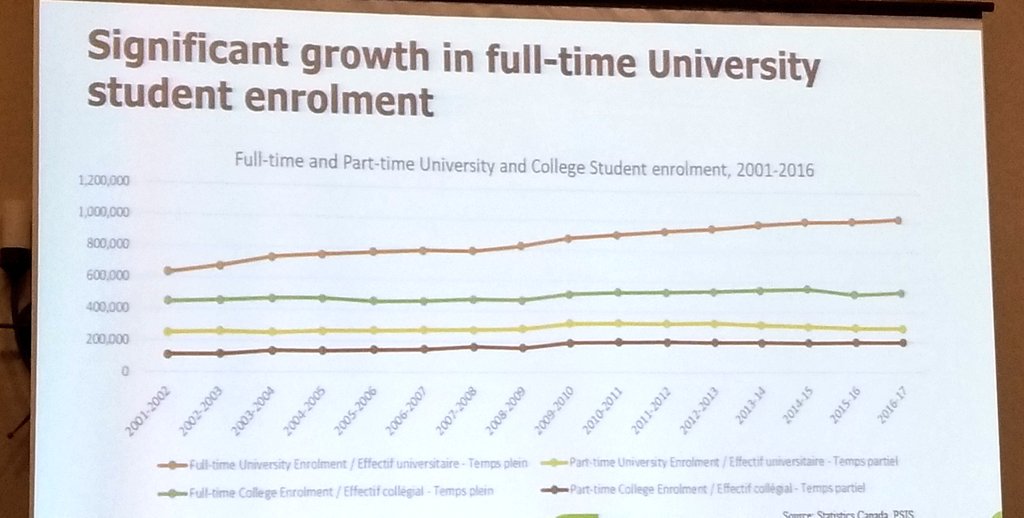
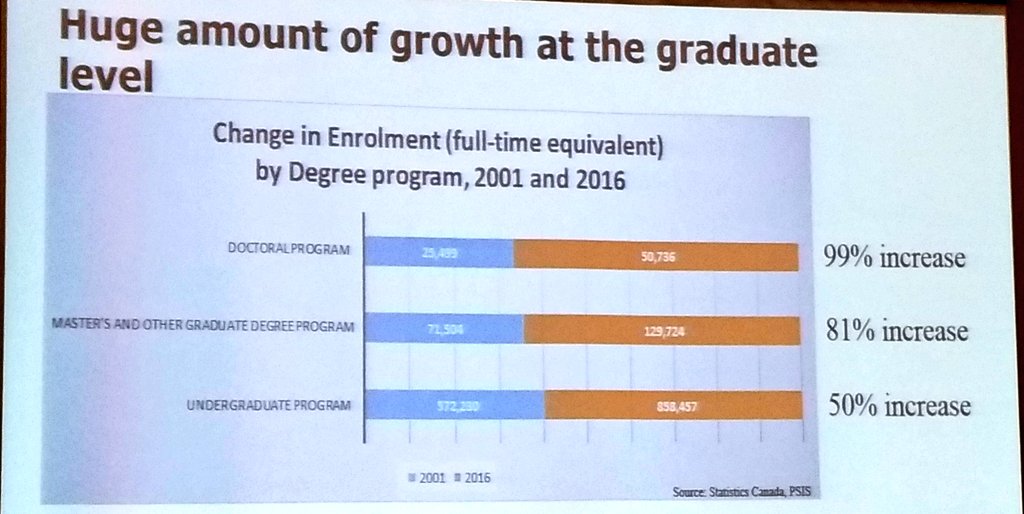
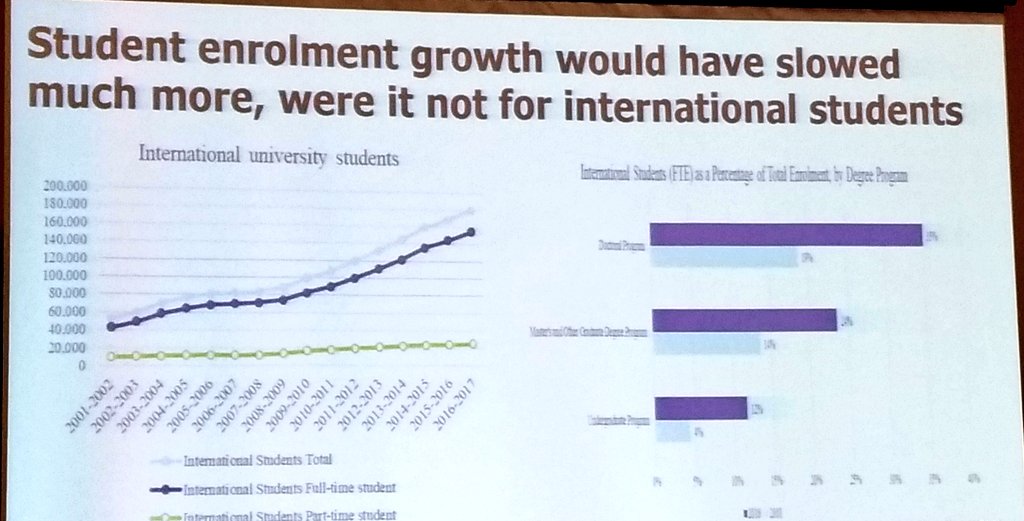
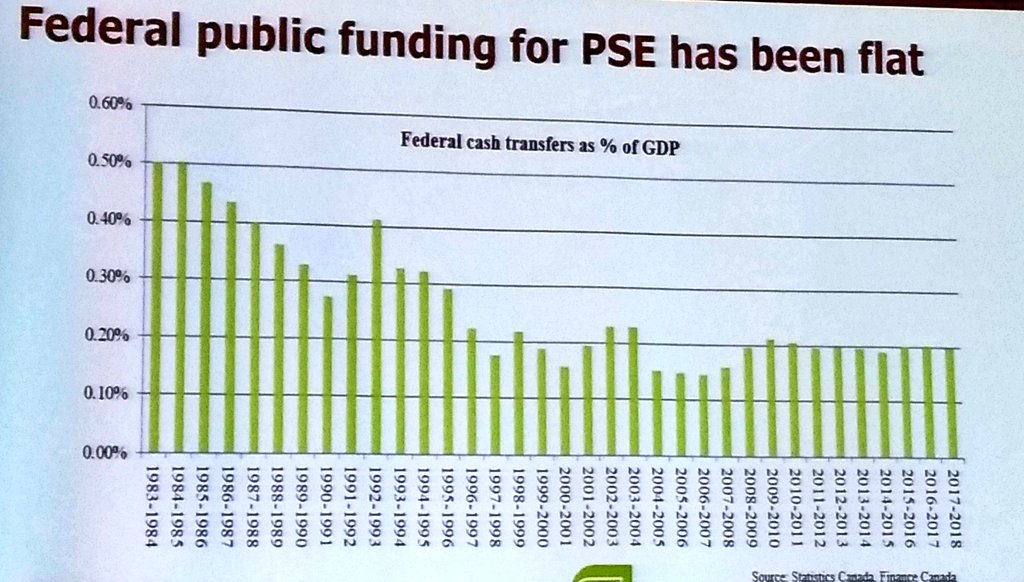
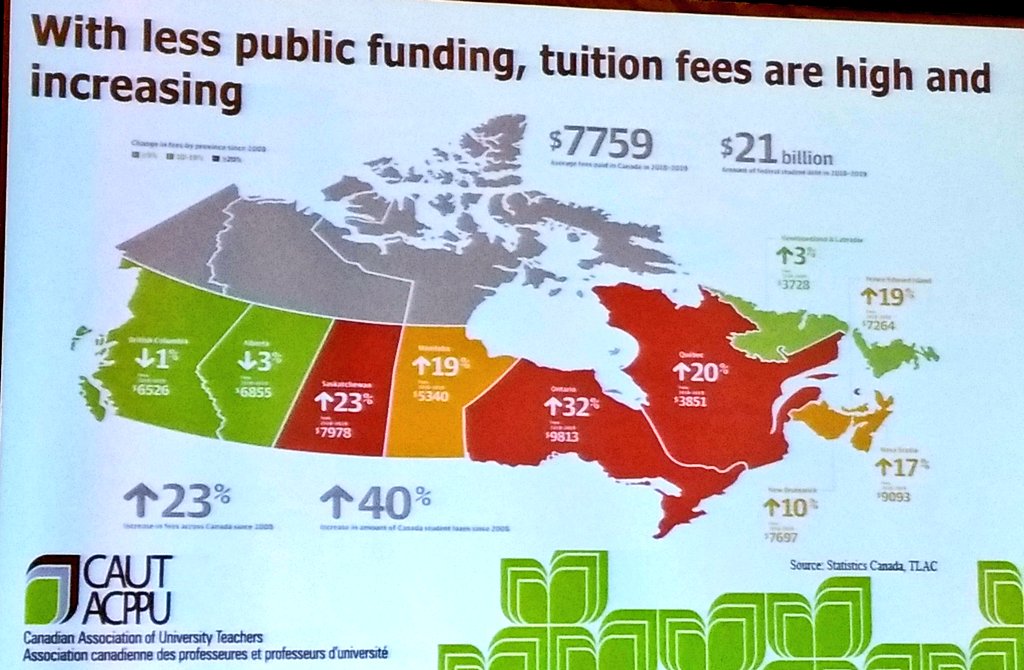
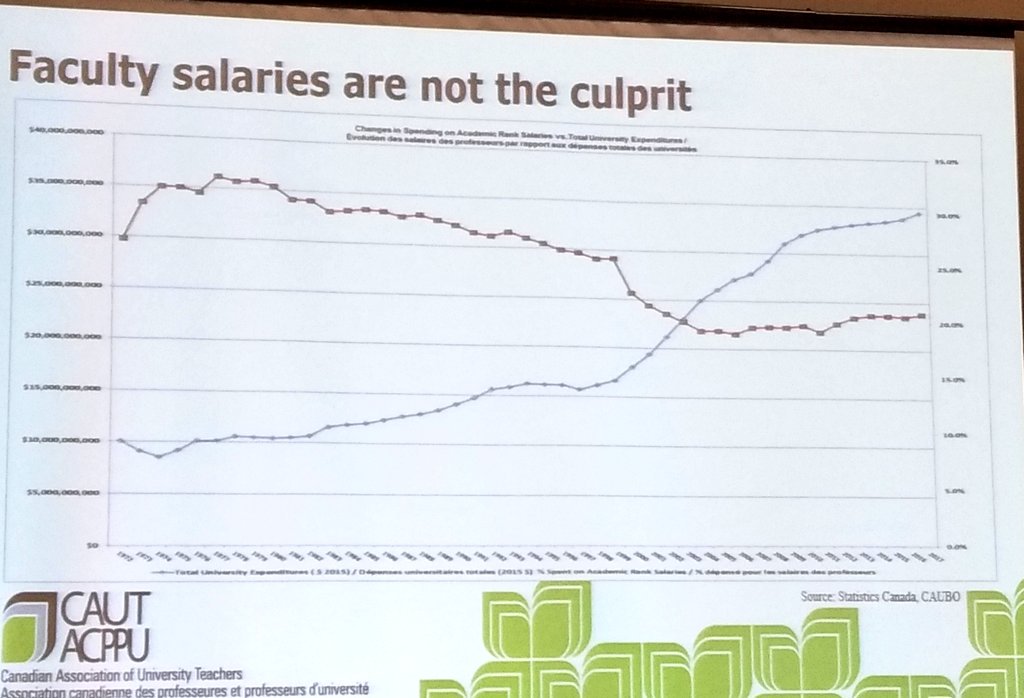
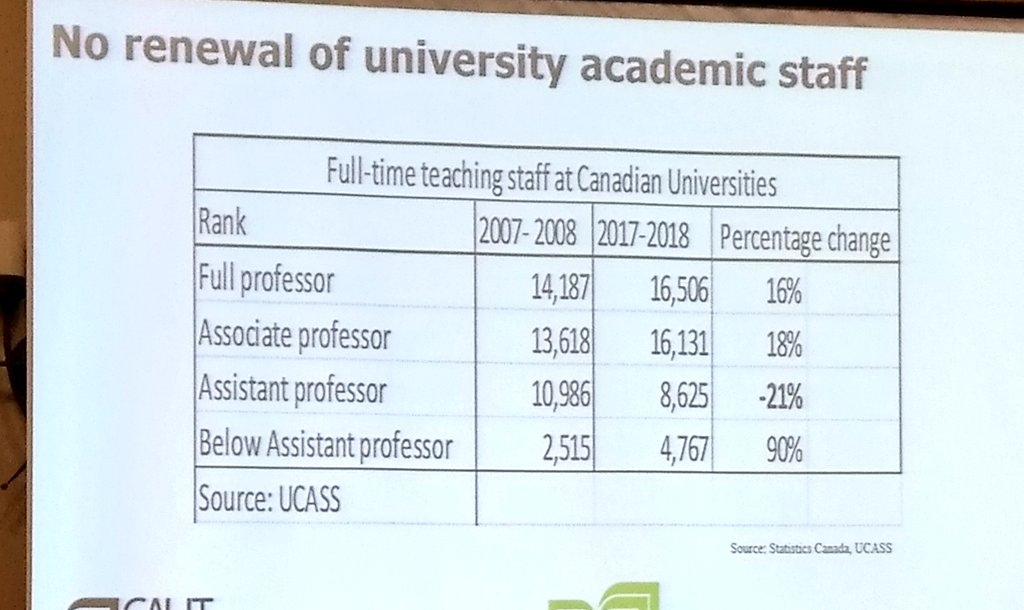
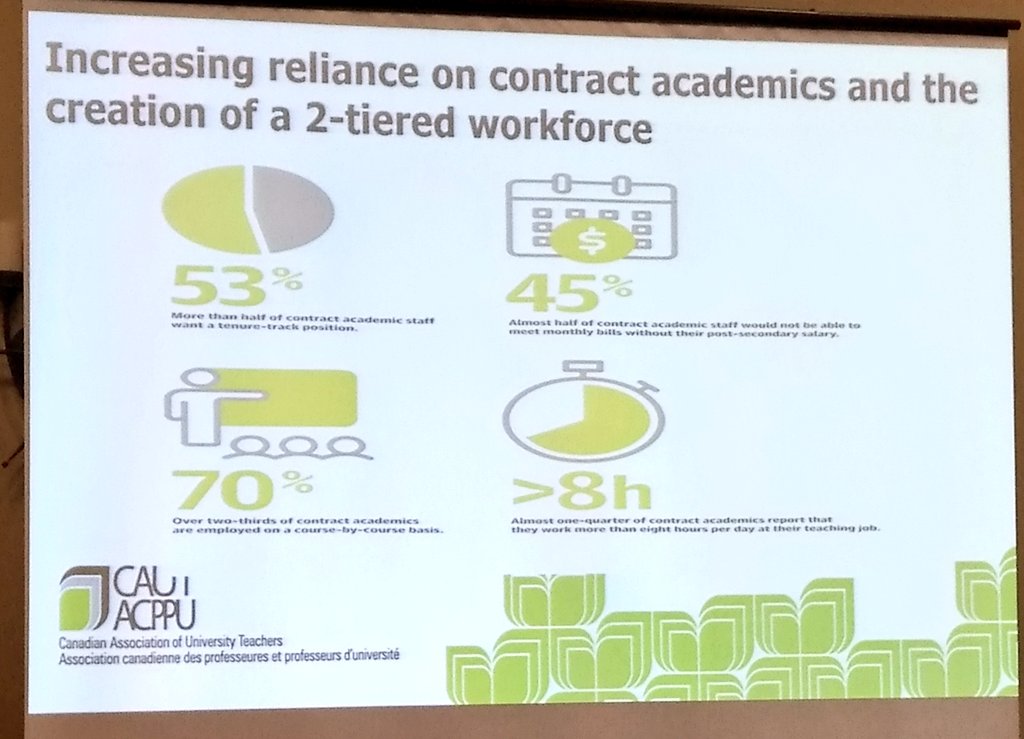
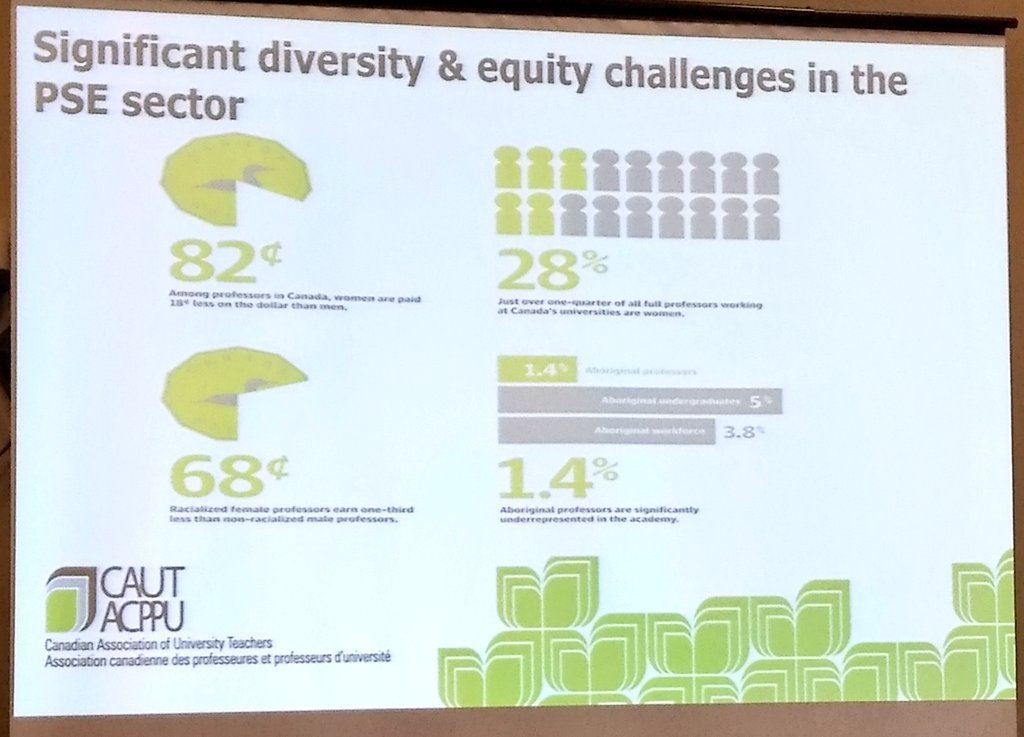
#scipol #scicomm #cdnsci #cdnpoli
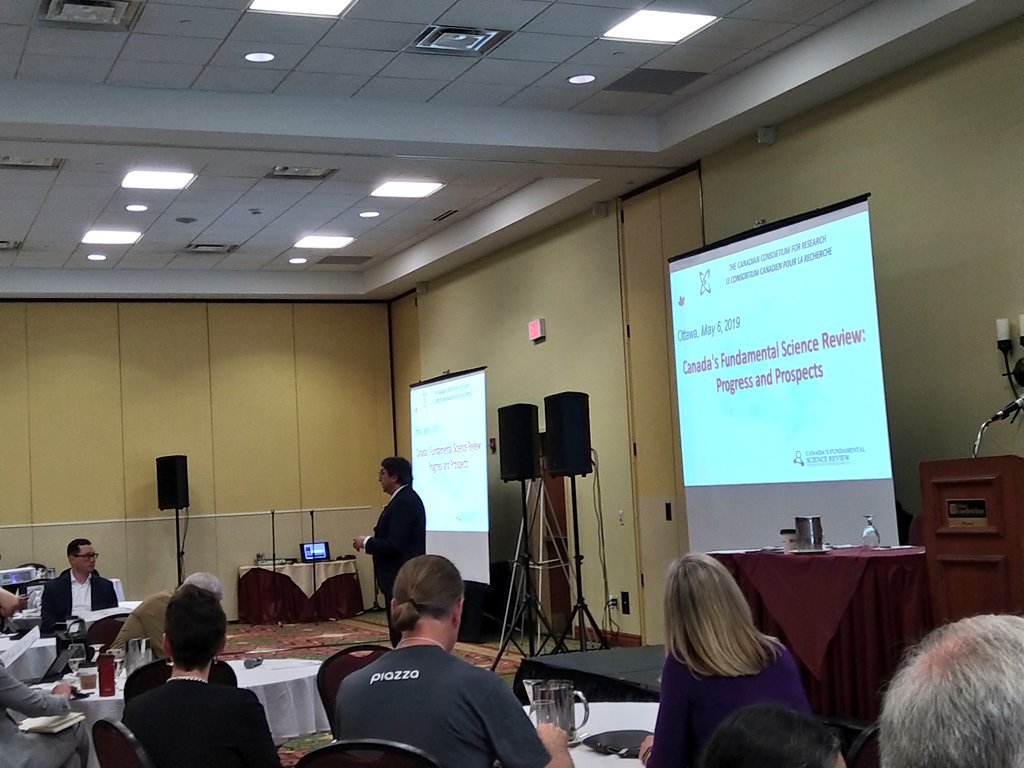
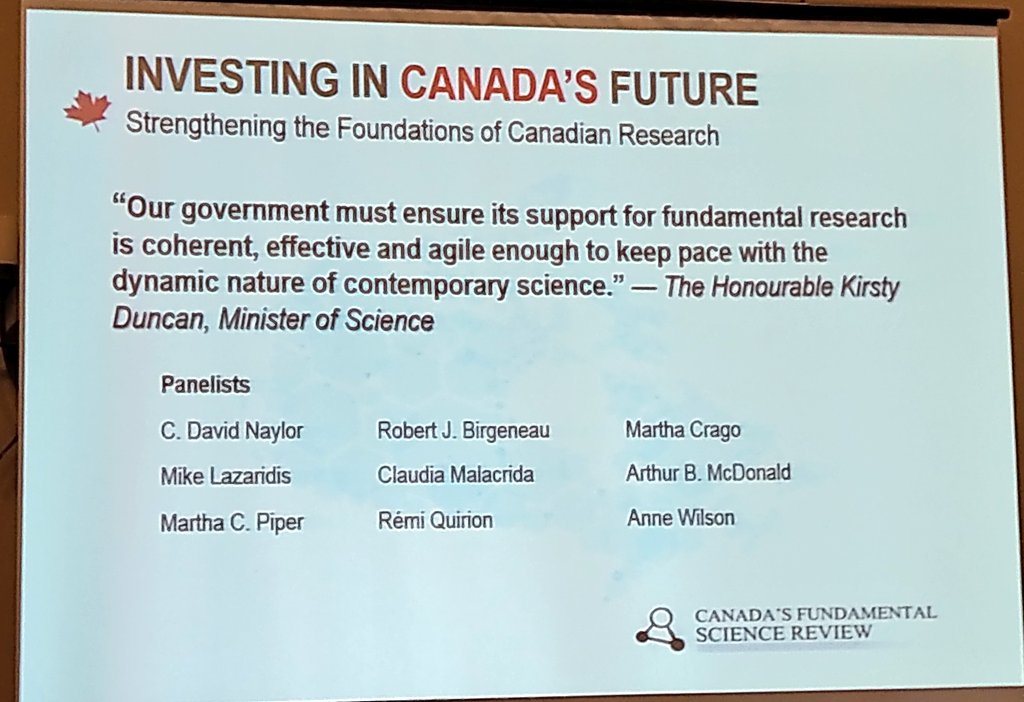
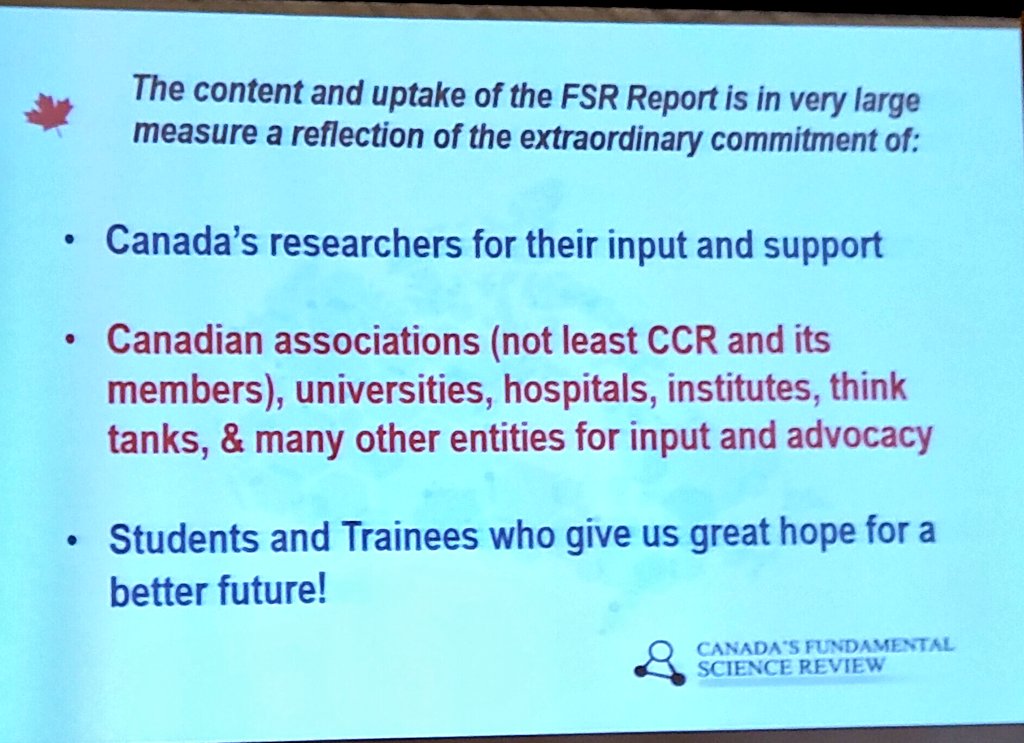
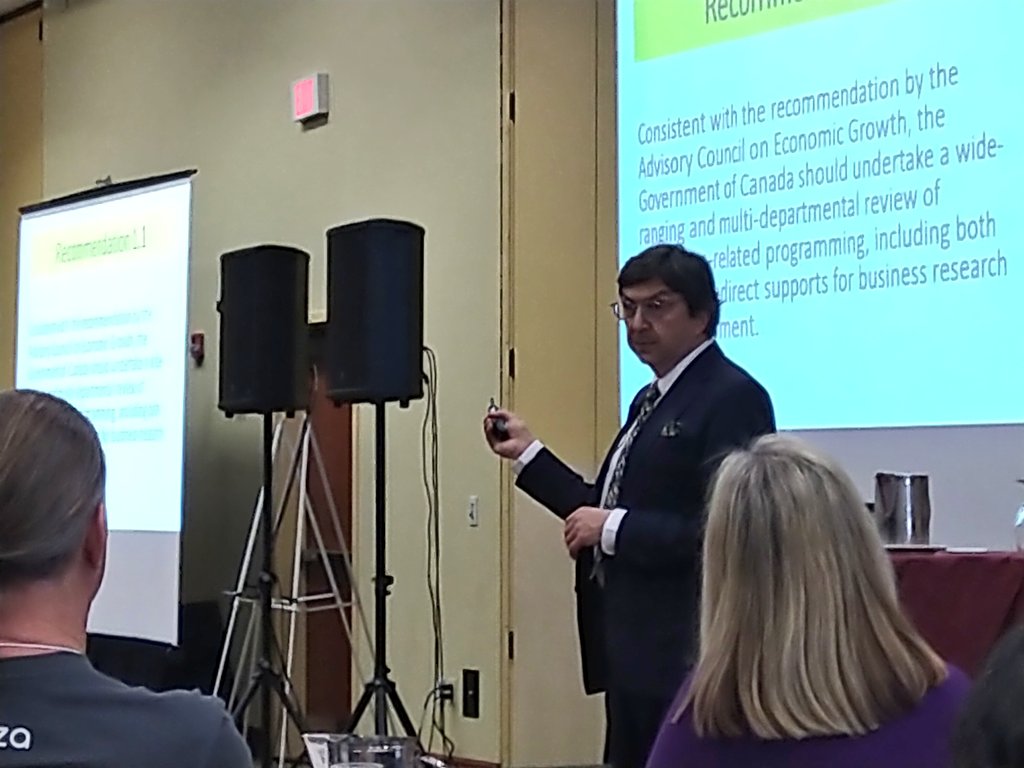
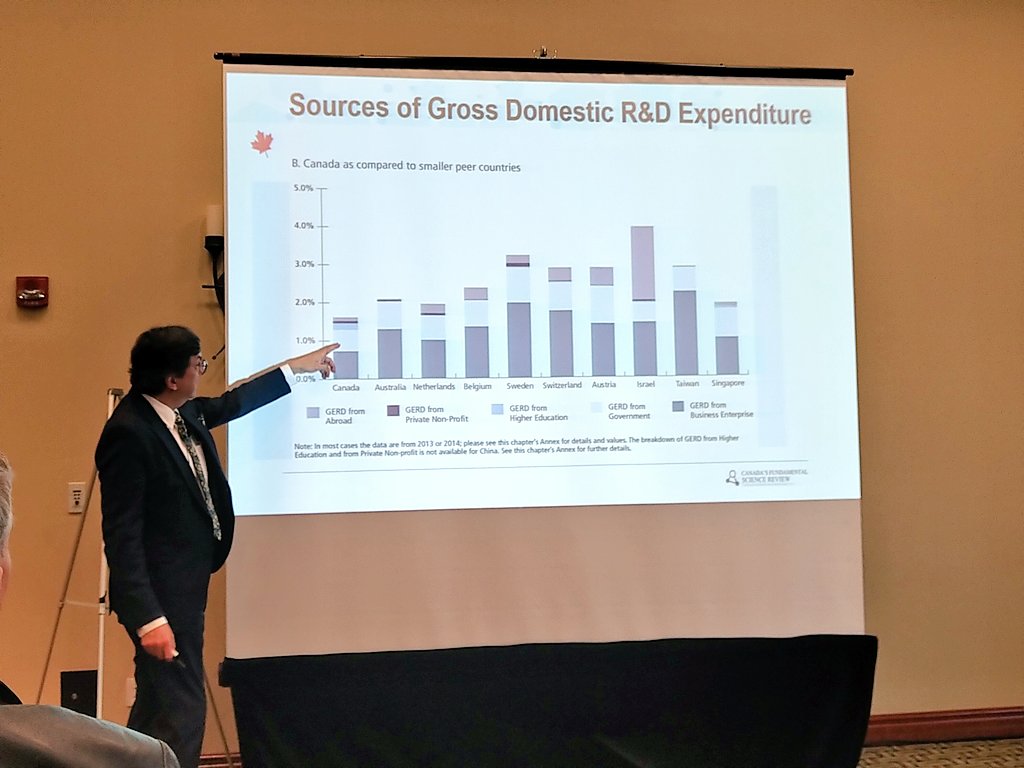
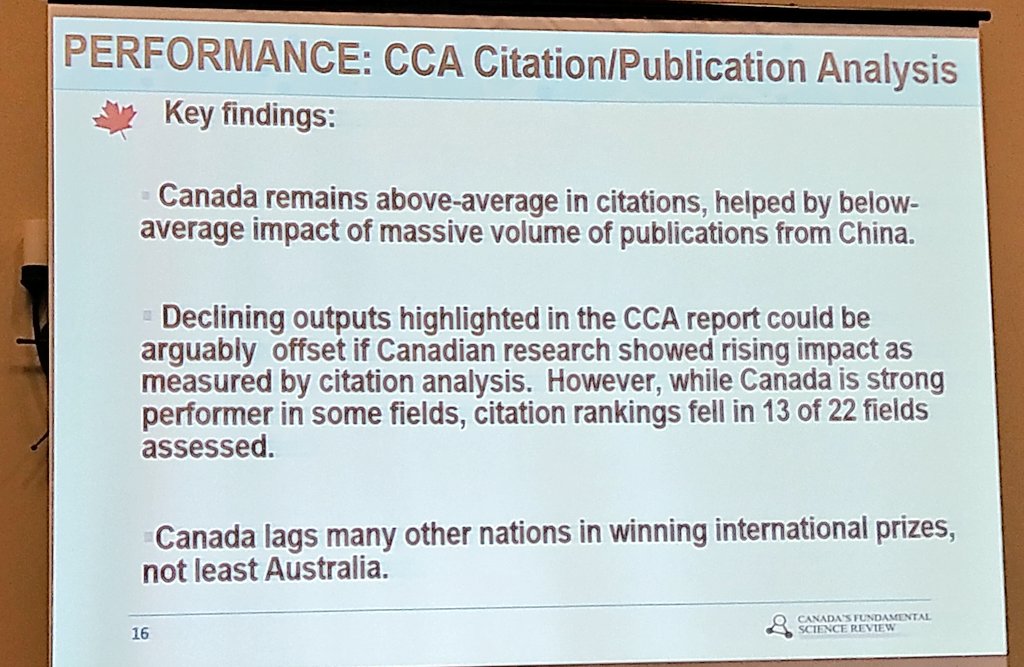
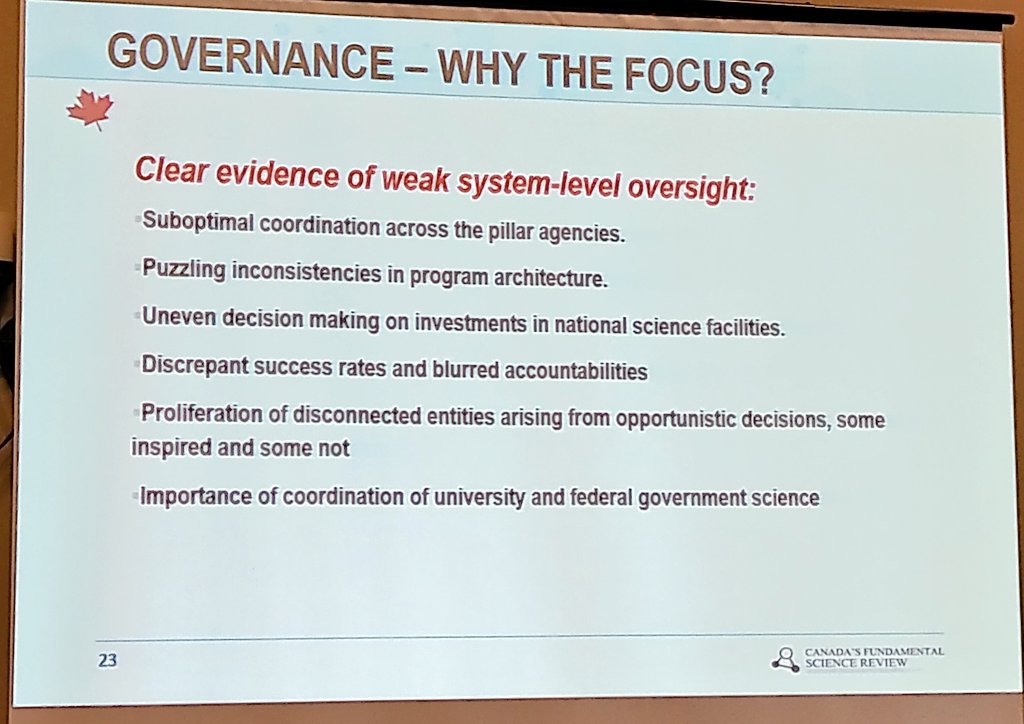
@cdavidnaylor gives kudos to Ted Hewitt @SSHRC_CRSH for driving this, and is very impressed with the work done
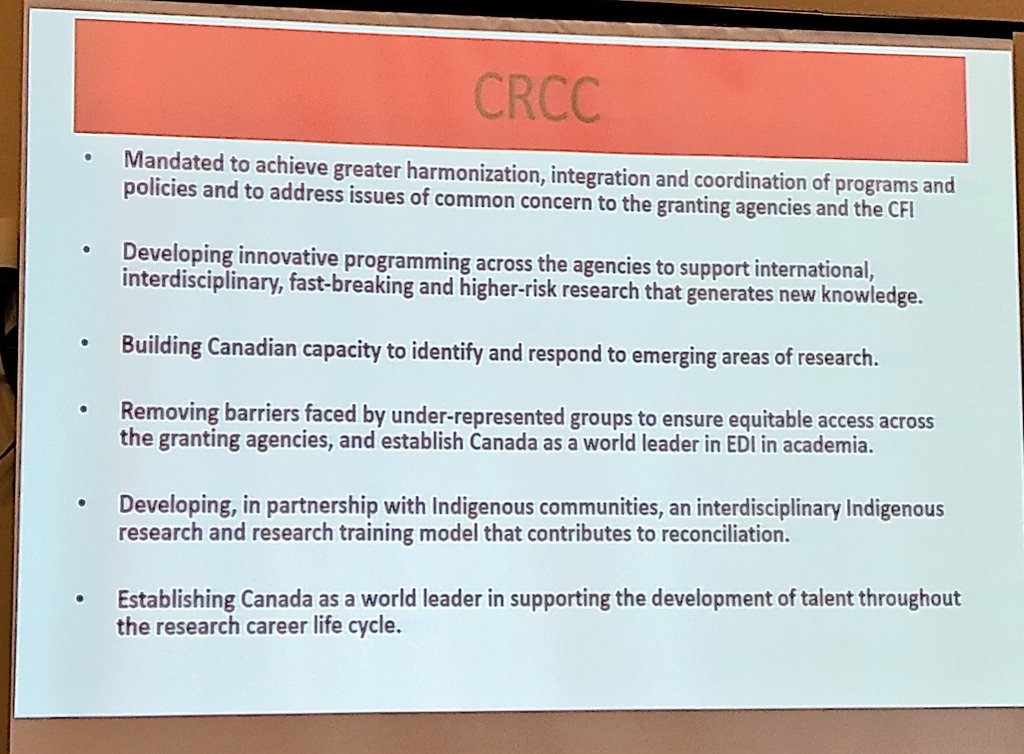
Also, #FSR did not ask to cut #NCE, they asked to amend the terms to open them to more collaboration
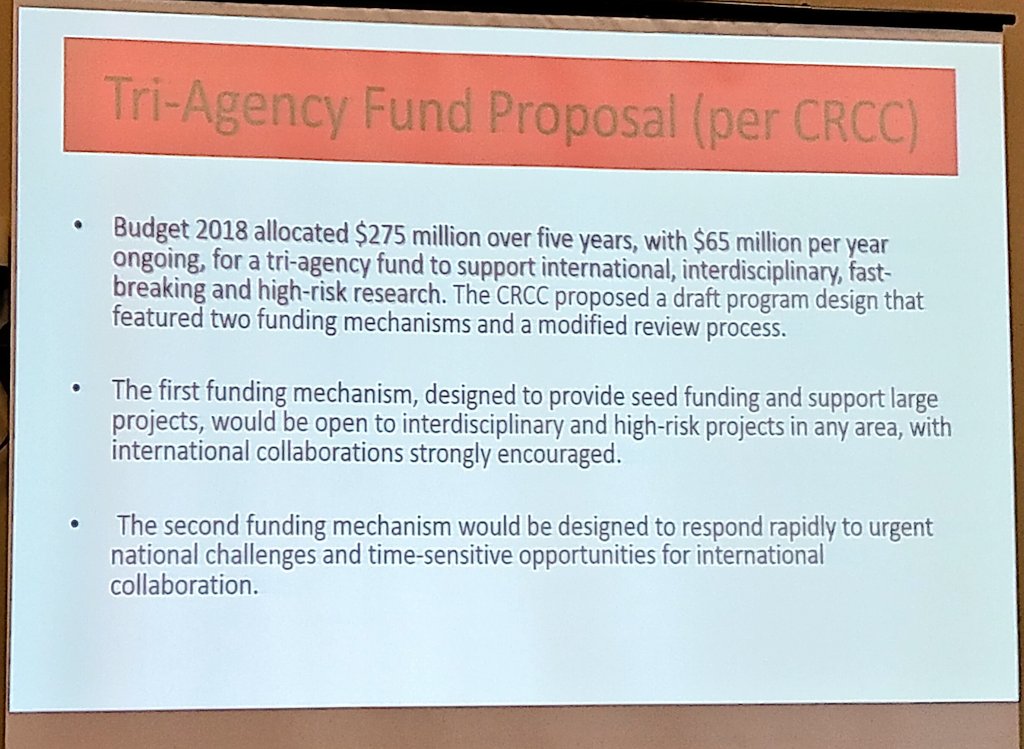
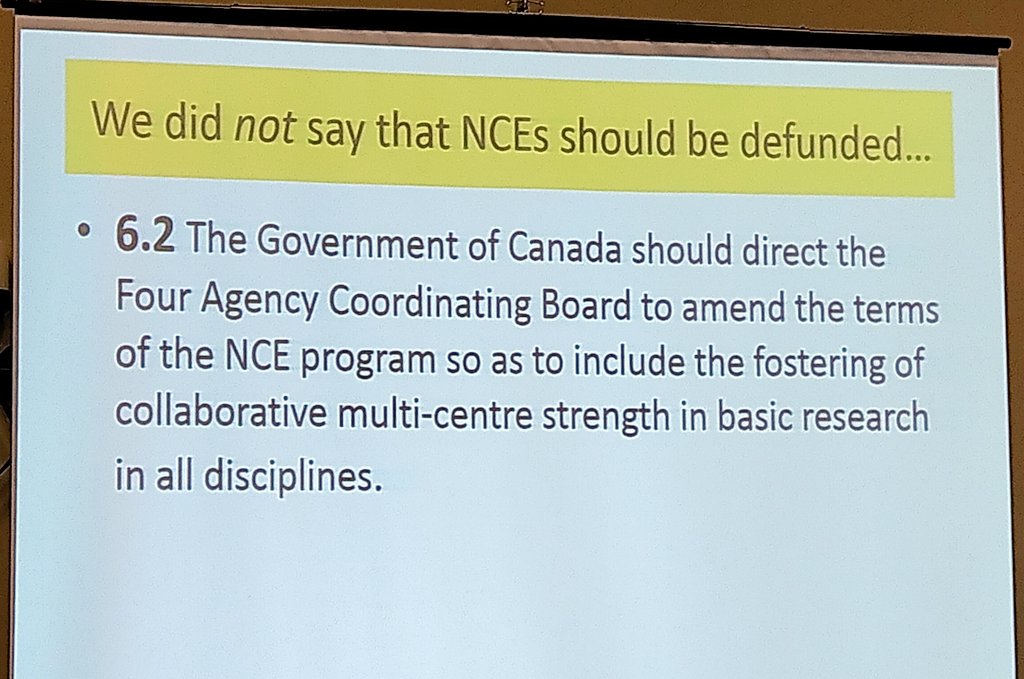
Lots of space for bias in such a body, esp if they will oversee the new Strategic Science fund
Be optimistic, but watch the watchmen
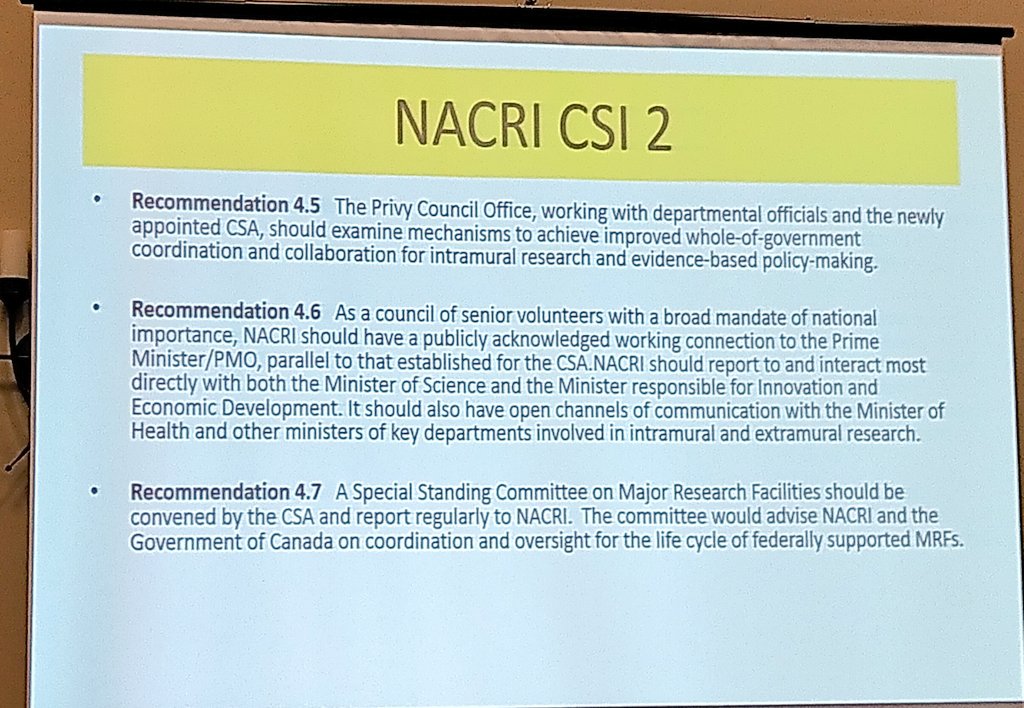
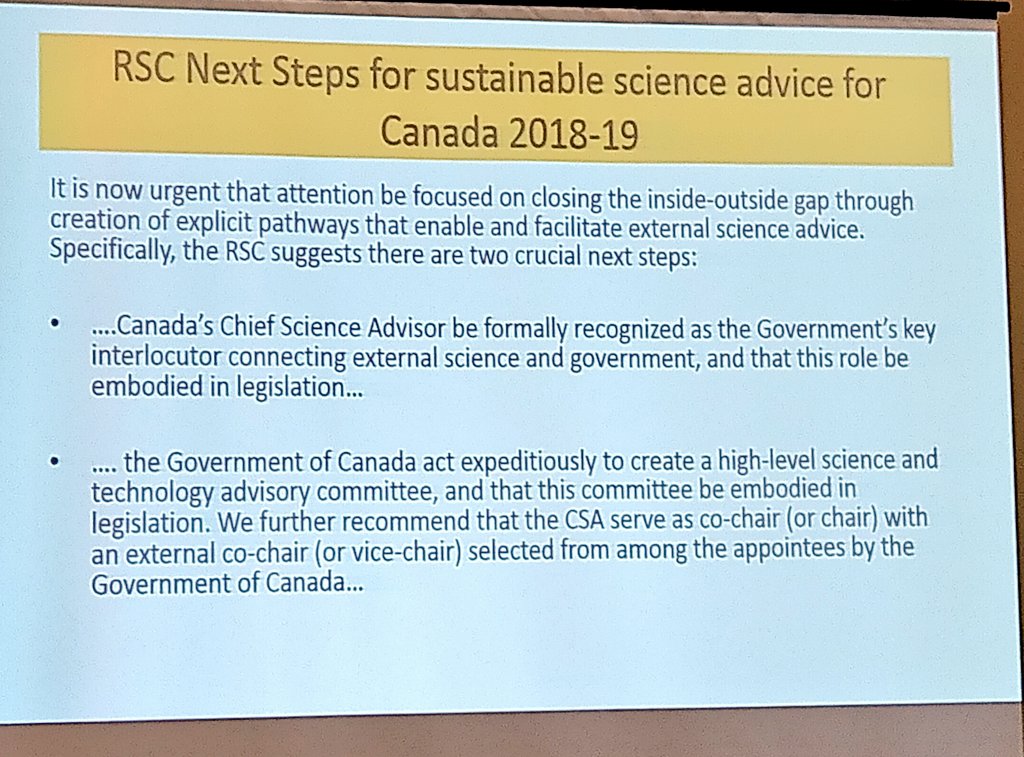
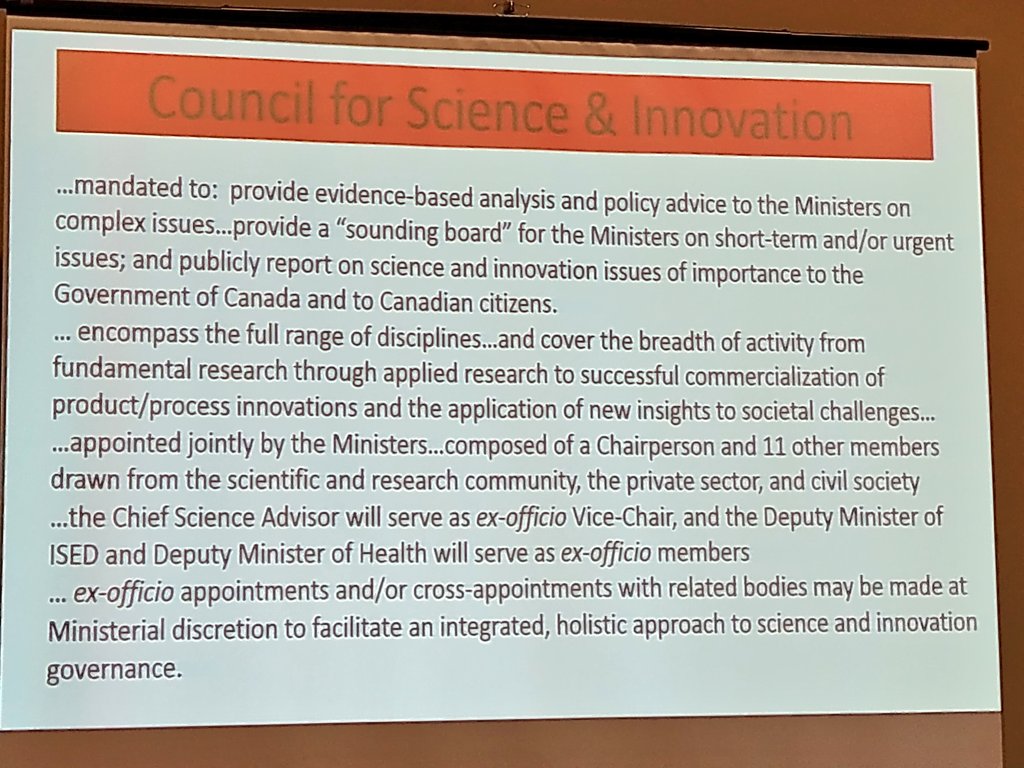
Thankfully #Budget2019 invested in grad students, work still remains to support postdocs
#scipol
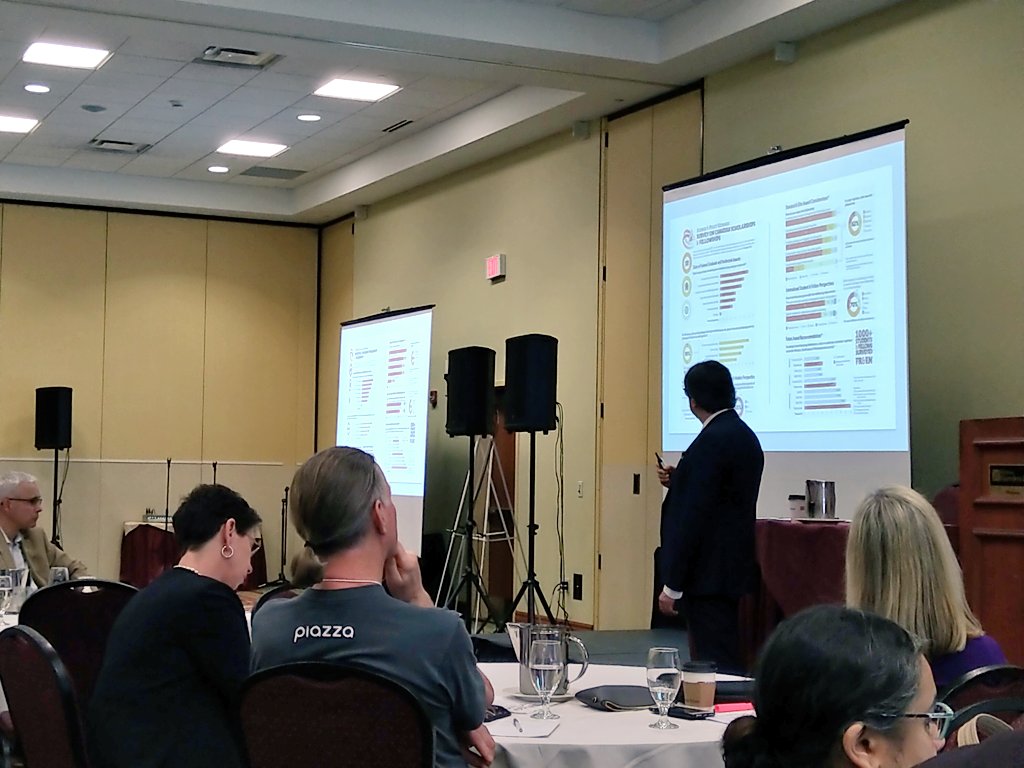
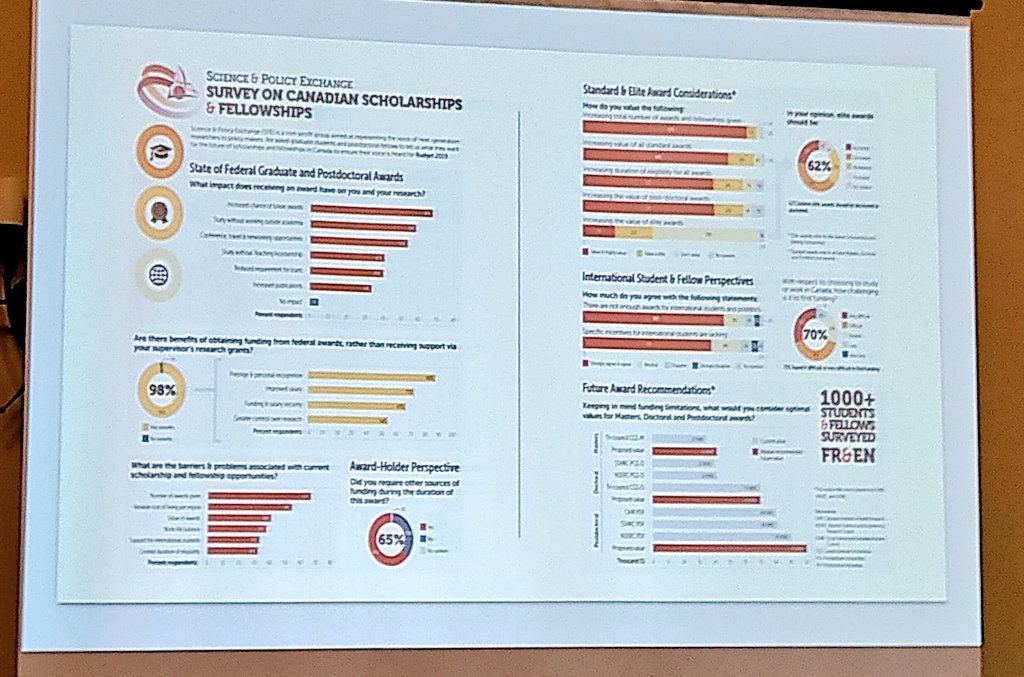
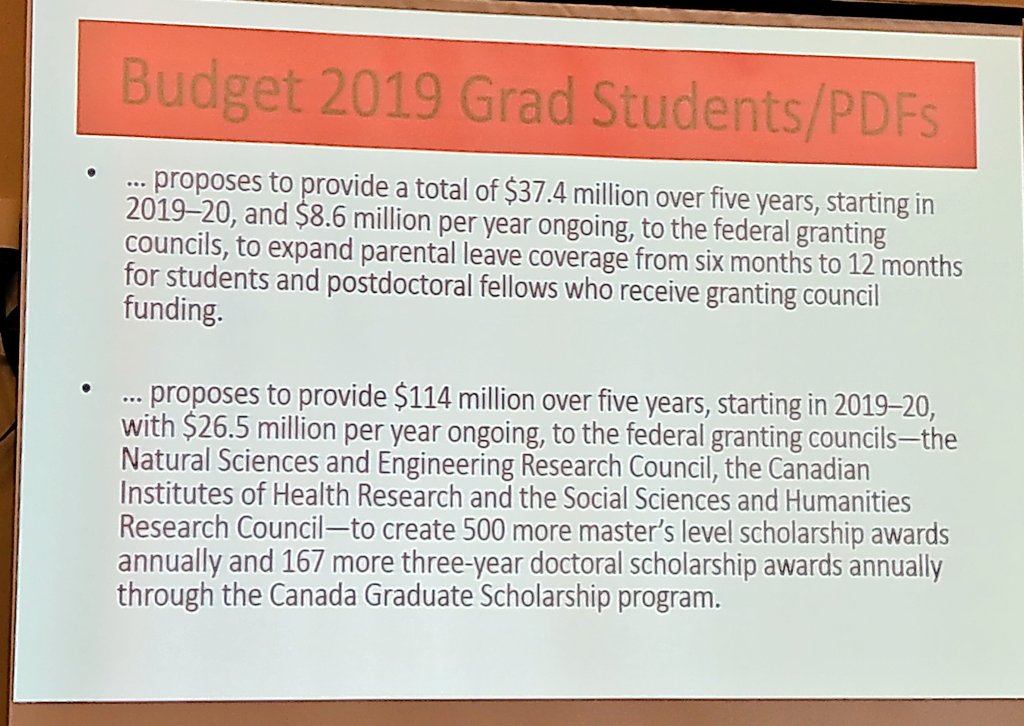
@cdavidnaylor says it's also good to see SSHRC imbalance has been recognized.
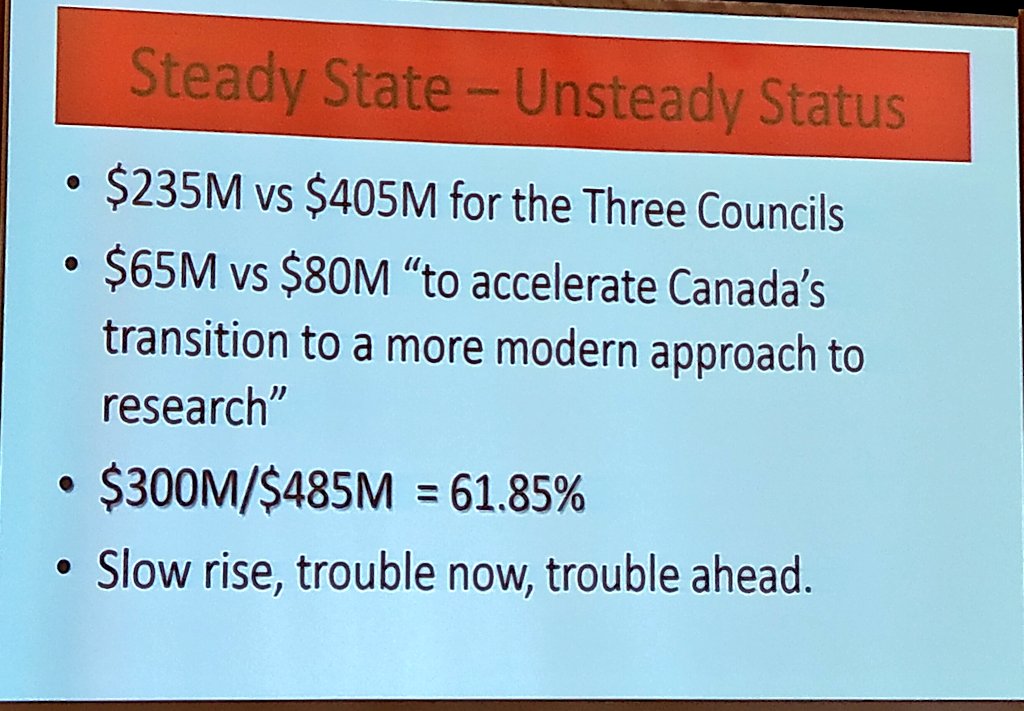
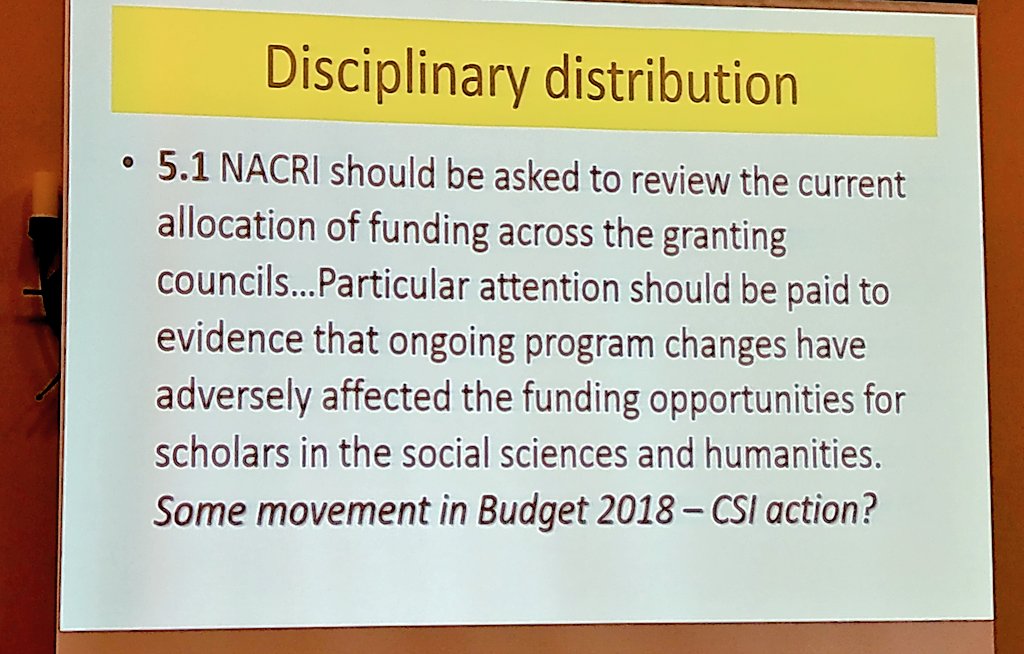
Need to make sure the research community speaks in one voice however, supporting broad improvements where all boats rise. Limit priorities and redistribution, no one wins a zero sum game.
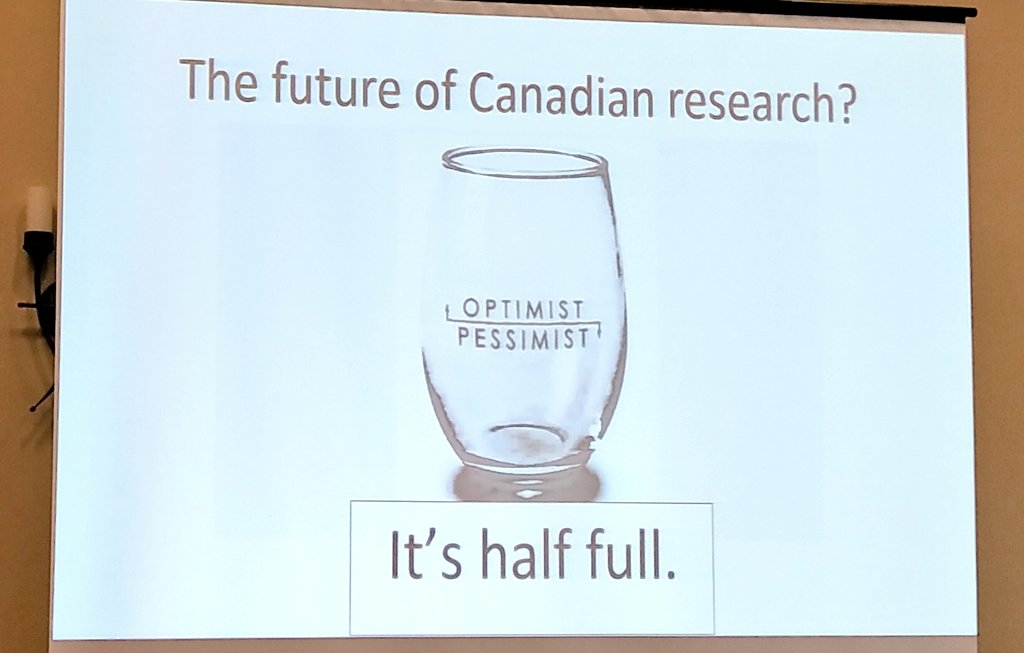
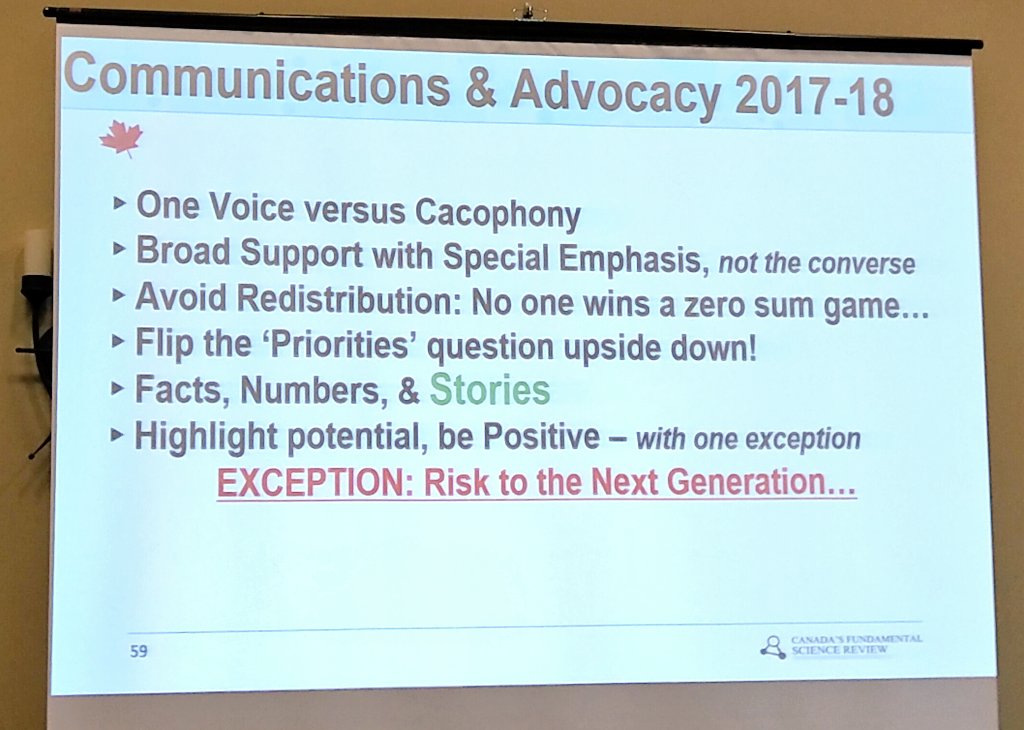
The next generation is a trove of talent (#ECR, grad students, postdocs) and they are still at risk, no matter their career path.
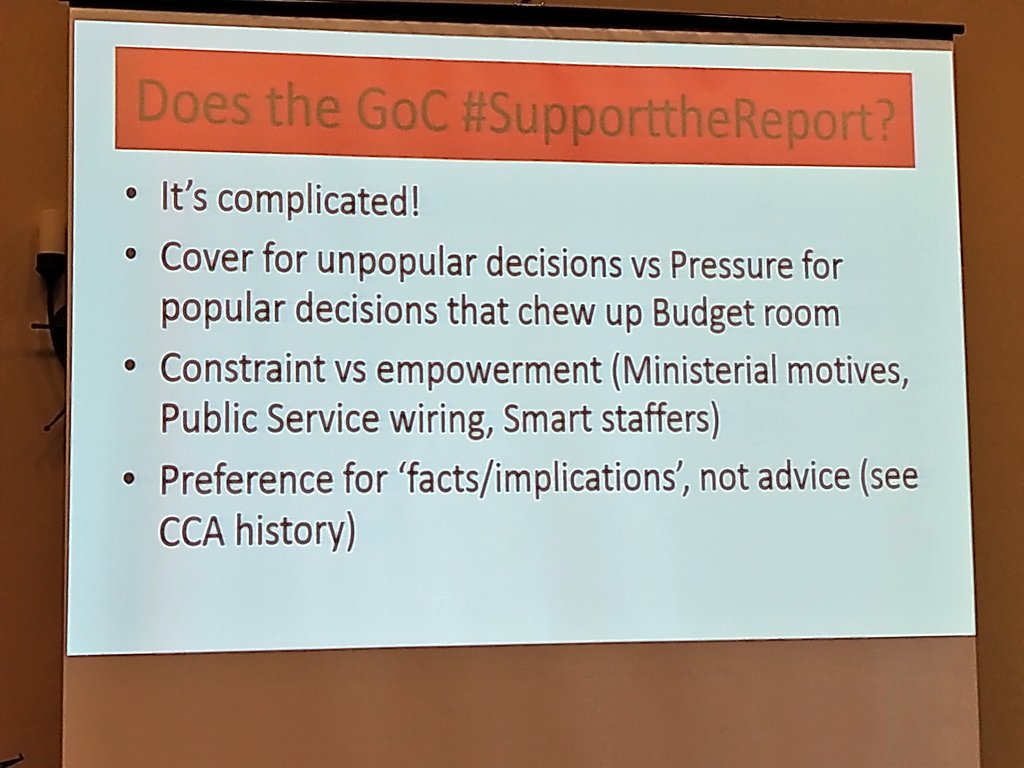
@cdavidnaylor - it's not an easy sell, but creating the opportunity should be on the radar for funders.
@cdavidnaylor - absolutely need to do this, but also need to prepare grads for the broader workforce, broad competencies over narrow skills
@cdavidnaylor says the total indirect costs are rarely below 40%, even in humanities. If RSF contribution is low, then not everything can be covered. Admin is still necessary, so is infrastructure support
@cdavidnaylor says moving RSF up to 40% (currently 16-20%) would probably reduce nonsensical micromanagement
@cdavidnaylor - industry collaboration is a plus & interchange should be vibrant but also mutually advantageous. Need good negotiation by univ
#scipol
@cdavidnaylor - agreed, more work necessary at the intersection of policy and good advice.
@cdavidnaylor - great Q, many elements...
@cdavidnaylor - Québec has its act together, but broadly provinces need to be more active on science
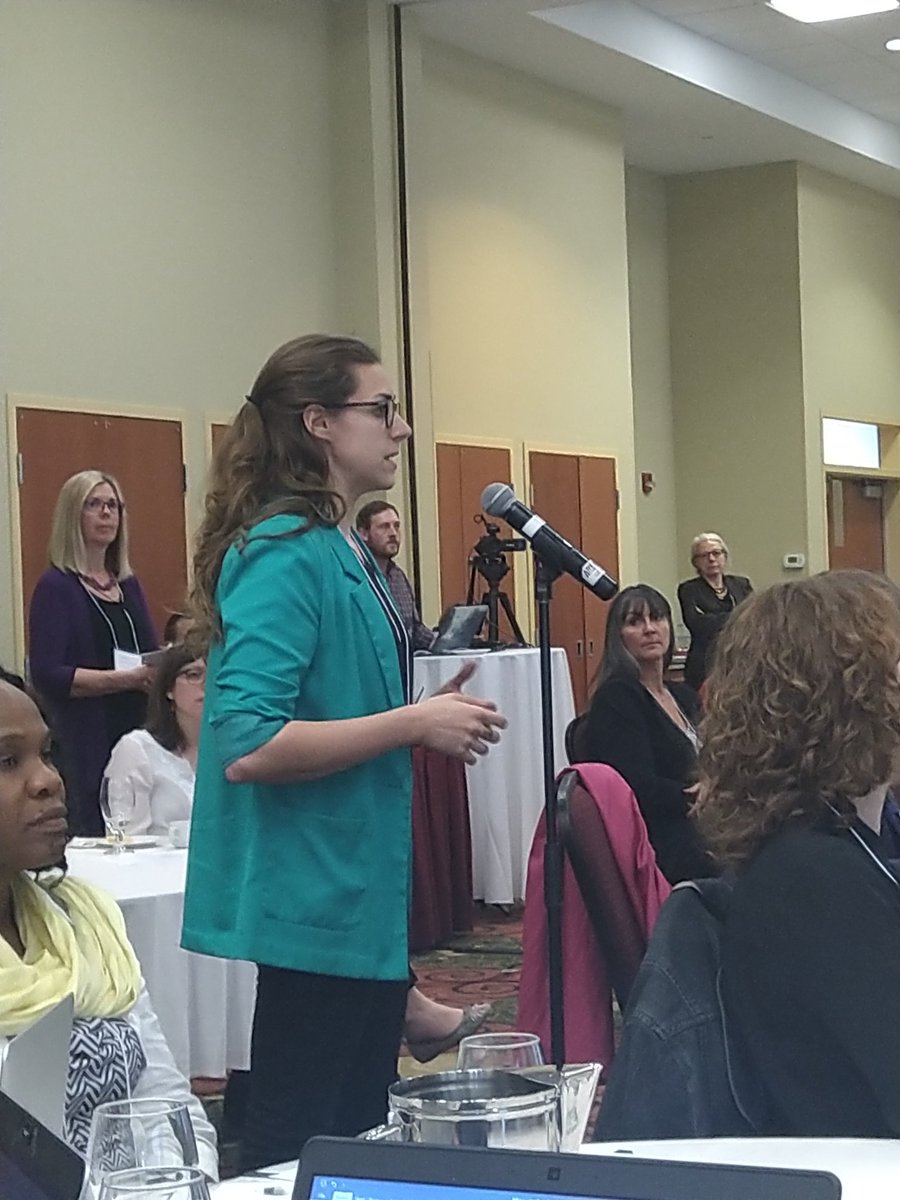
@cdavidnaylor says we need partners and collab with publishers to make progress
@cdavidnaylor - can't speak to other counties, but @UofT certainly doesn't have a second-class stream, teaching faculty are supported and this doesn't and shouldn't undercut research
@cdavidnaylor - we are at the low end (26th) of OECD in terms of PhD output...
@threadreaderapp #unroll pls









